From Seoul
I am now in Seoul. The city is much more tourist-friendly than when I first visited it solo over 10 years ago. There is English on most signs in Seoul now. And there are Chinese characters too. But sometimes I can't help but wonder if the Chinese characters are supposed to be Chinese, or Japanese Kanji or their own Hanja. Sometimes the characters don't look quite right if they are meant to be Chinese.
Look at the first two picturs. There is something very wrong in the first one, at least it is not in line with the common understanding AFAIK. I am not sure if it is intentional. Is the term 正体字(not 正體字) used to refer to simplified characters at all?
The 昇 in the third picture is wrong AFAIK.
I was quite speechless when I saw the sign in the fourth picture. 乳母車?貸與? They can't be right, right?
PS - additional picture added on 29.4.2014. This is relevant to the fifth reply below.



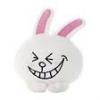
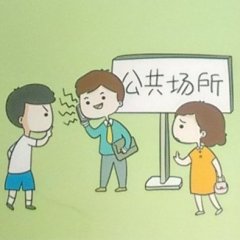
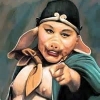
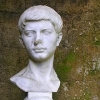
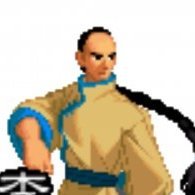

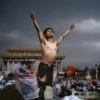
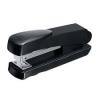
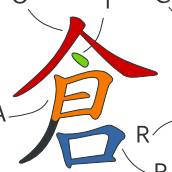
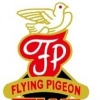
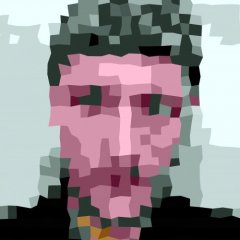





10 Comments
Recommended Comments